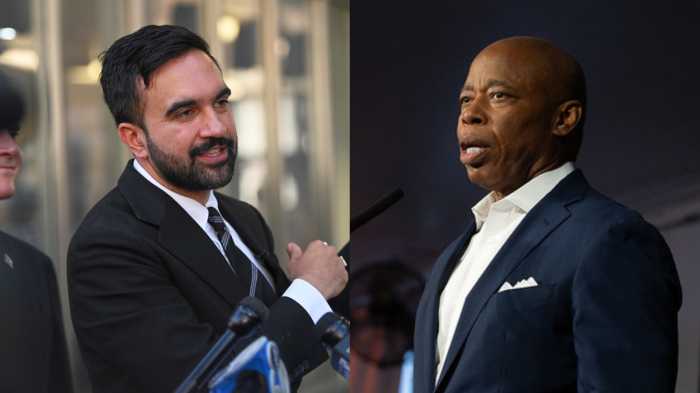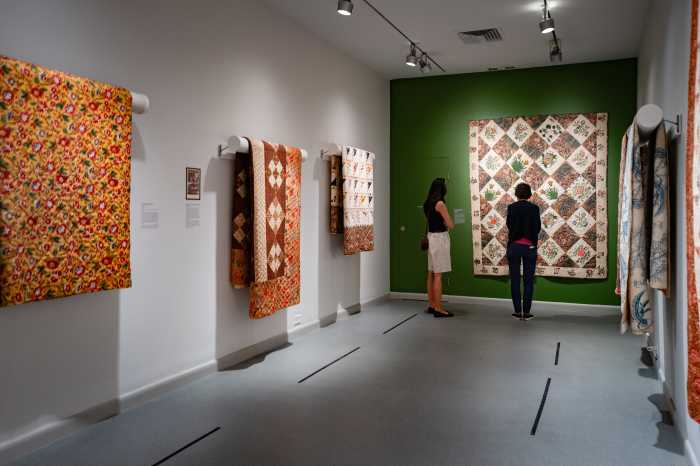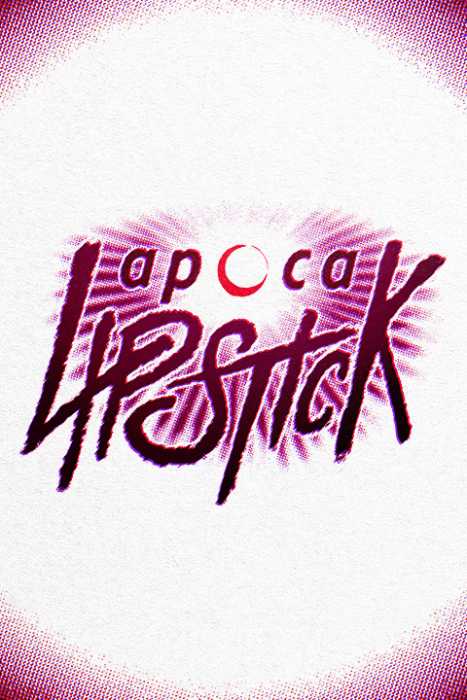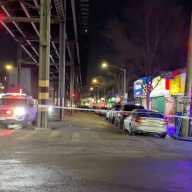On the Jewish holiday of Simchat Torah, two years ago, Hamas terrorists murdered over 1,200 people in Israel and took 251 hostages. In this moment when our prayers have finally been realized, and the war appears to be ending after two grueling years, we now must focus on the aftermath. Unfortunately, there is deep concern that the systematic and widespread normalization of antisemitism that we saw over these past two years in the United States and around the globe will continue to live on.
The October 7 massacre unleashed antisemitism at historical levels. Within weeks, Jewish students were being harassed on college campuses for simply existing. Synagogues required increased security. Jewish families began questioning whether to display religious symbols in their homes.
The scope of this transformation is staggering. New research from the Anti-Defamation League reveals that 57% of American Jews now consider antisemitism a normal part of the Jewish experience. Over half of Jewish Americans experienced some form of antisemitism in the past year, with nearly one in five facing verbal harassment, physical threats, or physical attacks. On college campuses—places that should foster learning and growth—antisemitic incidents surged 84% to 1,694 in 2024, including 289 in New York State alone. More than 80% of Jewish students have experienced or witnessed antisemitism since October 7. Meanwhile, 71% of Jewish parents report their children encountered antisemitism in classrooms, turning education into a minefield for Jewish families.
Jewish institutions, like synagogues, have unfortunately become targets for antisemitic incidents both across the country and in New York City. In one particularly alarming incident, a man claiming to be a reincarnation of Adolf Hitler threatened to kill worshippers at a synagogue in Manhattan on Shabbat. He was apprehended while trying to enter Manhattan through the Lincoln Tunnel.
College campuses have also become a hotspot. At the beginning of the Spring 2025 semester at Columbia University, a group of protesters disrupted a class on Israeli history and distributed antisemitic fliers that depicted a boot stomping on the Star of David and read: “Crush Zionism” and “Burn Zionism to the ground.”
This normalization extends beyond physical confrontations to systematic exclusion and harassment. Jewish social media creators are nearly twice as likely to receive toxic comments as their non-Jewish counterparts. Major platforms such as Meta have rolled back content moderation efforts, effectively permitting antisemitic language that would have been unthinkable just years ago.
The tragedy isn’t just that antisemitism has increased; it’s that we’ve begun treating it as normal. When Jewish students expect to be harassed for their identity, when Jewish families plan their routes to avoid protests, we have crossed a dangerous line.
But there is pushback, and ADL is leading the charge.
We’ve filed more legal complaints since October 7 than in our organization’s first 110 years combined, holding universities and institutions accountable through Title VI complaints and federal lawsuits. Our advocacy secured over $400 million in supplemental security funding for at-risk institutions like synagogues and Jewish community centers. Through our Campus Report Card, we’ve prompted 49% of assessed universities to improve their response to antisemitism. Our corporate accountability efforts, including shareholder advocacy through JLens, have defeated discriminatory anti-Israel proposals at major companies. Our comprehensive research shows that sustained, strategic action makes a difference—but only if we refuse to accept hatred as inevitable.
Here in New York, we have an opportunity to codify the International Holocaust Remembrance Alliance (IHRA) Working Definition of Antisemitism through the HOPE Act. This definition provides clear guidelines about what antisemitism is, and it also includes contemporary examples that highlight how it manifests today. This is a critical educational tool for our state and community leaders to better respond to hate. ADL has championed similar legislation in New Jersey and across the country, and we hope that our elected leaders will pass it in the next session.
Two years after October 7, the war is ending in the Middle East, but the battle against antisemitism in the United States and around the world goes on as we continue down the path toward normalization, accepting that Jewish Americans must live with persistent fear and hostility. It does not have to be this way. We can reject this new normal and demand better.
The choice seems obvious, but it requires real action from every sector of society. From urging your local representative to speak out against antisemitic hate to demanding that schools and universities protect Jewish students, every one of us has a part to play. We can’t afford to sit back and wait for someone else to do it, because when antisemitism becomes normal, democracy itself is at risk.
Scott Richman is the Regional Director of ADL New York/New Jersey.






































